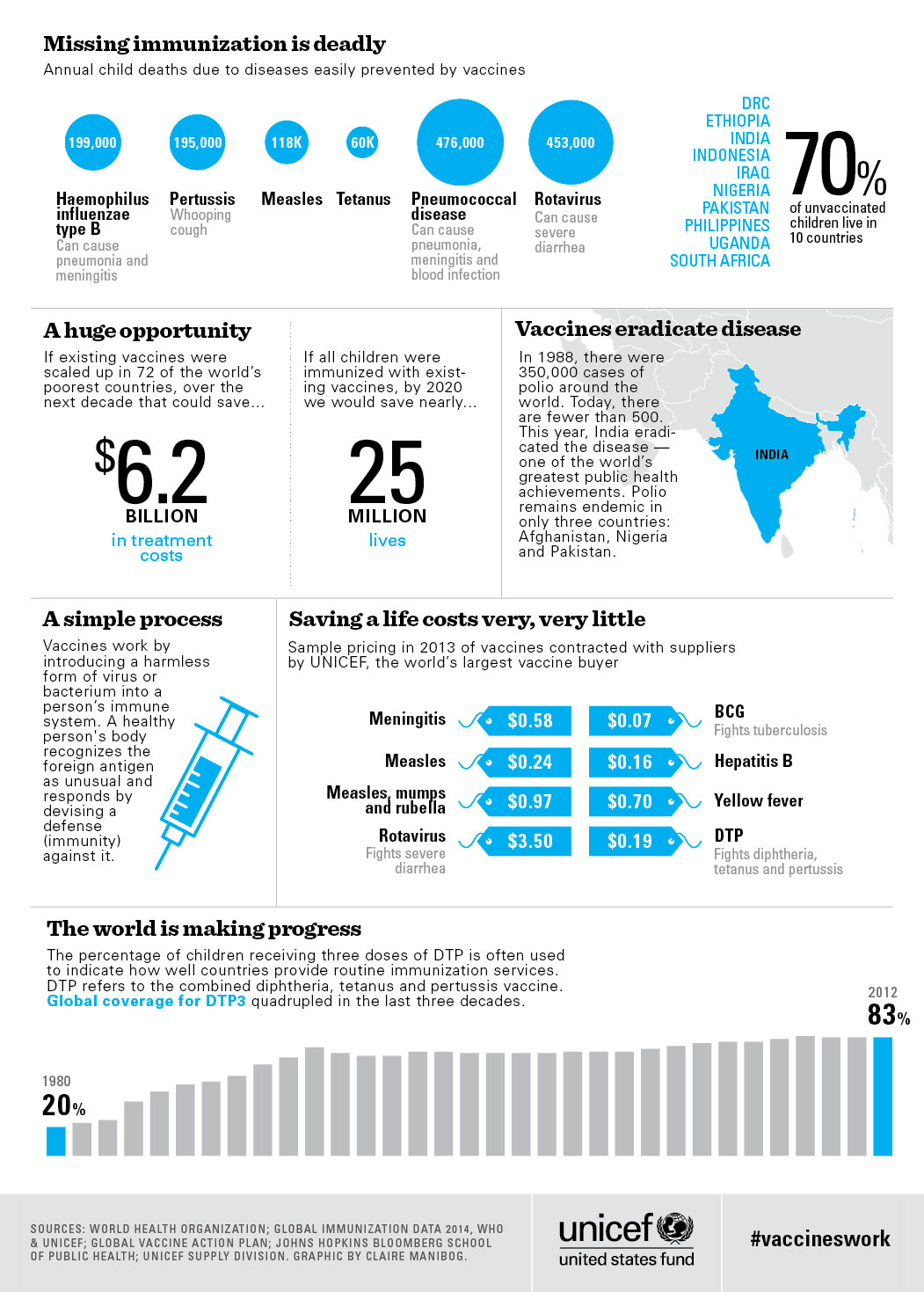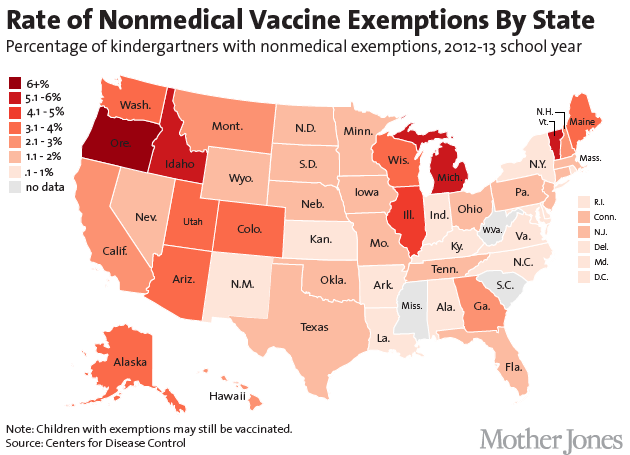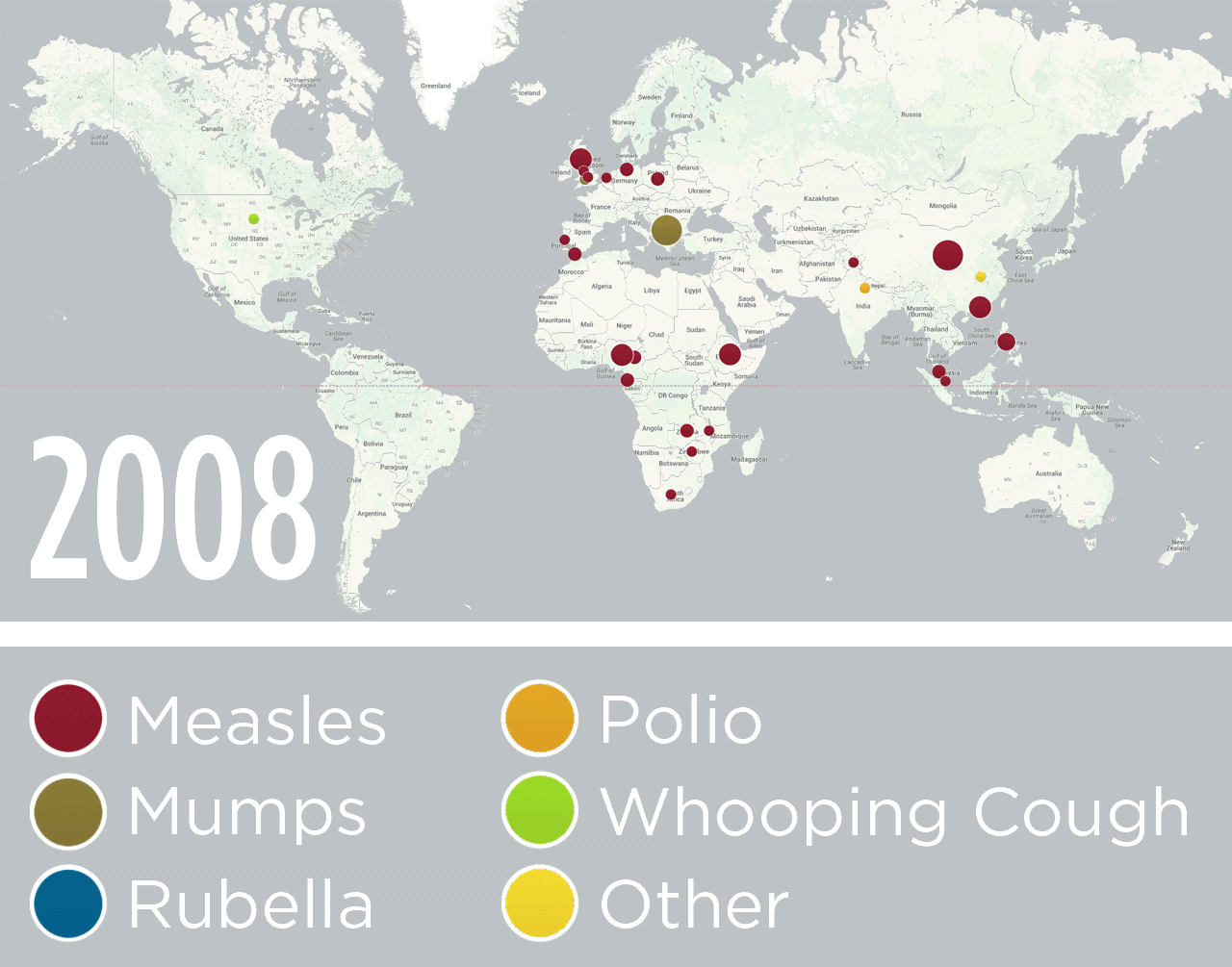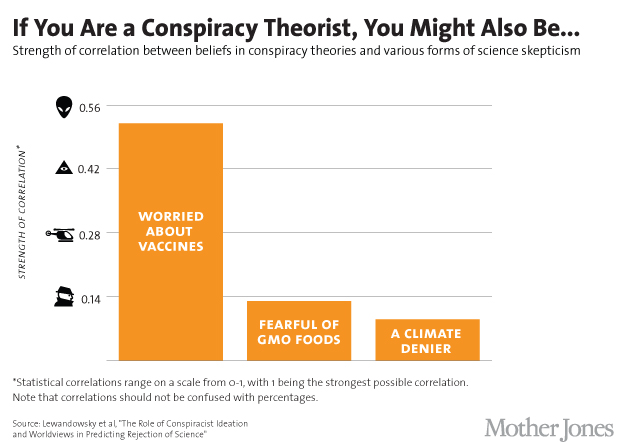- Denialism (WikiPedia) – http://en.wikipedia.org/wiki/Denialism
- In human behavior, denialism is exhibited by individuals choosing to deny reality as a way to avoid dealing with an uncomfortable truth. … “[It] is the refusal to accept an empirically verifiable reality. It is an essentially irrational action that withholds validation of a historical experience or event”. … group denialism [is defined] as “when an entire segment of society, often struggling with the trauma of change, turns away from reality in favor of a more comfortable lie.”
- In science, denialism has been defined as the rejection of basic concepts that are undisputed and well-supported parts of the scientific consensus on a topic in favor of ideas that are both radical and controversial. … It has been proposed that the various forms of denialism have the common feature of the rejection of overwhelming evidence and the generation of a controversy through attempts to deny that a consensus exists. … A common example is Young Earth creationism and its dispute with the evolutionary theory.
2014
- “How To Convince Conservative Christians That Global Warming Is Real” by Chris Mooney (Mother Jones; 2014.05.02) – http://www.motherjones.com/environment/2014/05/inquiring-minds-katharine-hayhoe-faith-climate
- Millions of Americans are evangelical Christians. Climate scientist Katharine Hayhoe is persuading them that our planet is in peril.
- “Years of Living Dangerously Premiere Full Episode” – https://www.youtube.com/watch?v=brvhCnYvxQQ
- “Most Americans doubt Big Bang, not too sure about evolution, climate change – survey” By Rik Myslewski (The Register; 2014.04.21) – http://www.theregister.co.uk/2014/04/21/most_americans_doubt_big_bang_not_too_sure_about_evolution_climate_change_survey/
- Science no match for religion, politics, business interests
- “AP-GfK Poll: Big Bang a big question for most Americans” (AP-Gfk; 2014.04.21) – http://ap-gfkpoll.com/featured/findings-from-our-latest-poll-2
- Few Americans question that smoking causes cancer. But they express bigger doubts as concepts that scientists consider to be truths get further from our own experiences and the present time … Americans have more skepticism than confidence in global warming, the age of the Earth and evolution and have the most trouble believing a Big Bang created the universe 13.8 billion years ago….
- Just 4 percent doubt that smoking causes cancer, 6 percent question whether mental illness is a medical condition that affects the brain and 8 percent are skeptical there’s a genetic code inside our cells. More – 15 percent – have doubts about the safety and efficacy of childhood vaccines …
- About 4 in 10 say they are not too confident or outright disbelieve that the earth is warming, mostly a result of man-made heat-trapping gases, that the Earth is 4.5 billion years old or that life on Earth evolved through a process of natural selection, though most were at least somewhat confident in each of those concepts. But a narrow majority – 51 percent – questions the Big Bang theory …
- “Science ignorance is pervasive in our society, and these attitudes are reinforced when some of our leaders are openly antagonistic to established facts,”…
- The poll highlights “the iron triangle of science, religion and politics,” … And scientists know they’ve got the shakiest leg in the triangle….
- To the public “most often values and beliefs trump science” when they conflict, … … Political values were closely tied to views on science in the poll, with Democrats more apt than Republicans to express confidence in evolution, the Big Bang, the age of the Earth and climate change….
- Religious values are similarly important… Confidence in evolution, the Big Bang, the age of the Earth and climate change decline sharply as faith in a supreme being rises, according to the poll. Likewise, those who regularly attend religious services or are evangelical Christians express much greater doubts about scientific concepts they may see as contradictory to their faith … “When you are putting up facts against faith, facts can’t argue against faith,” … “It makes sense now that science would have made no headway because faith is untestable.” …
- Beyond religious belief, views on science may be tied to what we see with our own eyes. The closer an issue is to our bodies and the less complicated, the easier it is for people to believe, …
- Marsha Brooks, a 59-year-old nanny who lives in Washington, D.C., said she’s certain smoking causes cancer because she saw her mother, aunts and uncles, all smokers, die of cancer … But when it comes to the universe beginning with a Big Bang or the Earth being about 4.5 billion years old, she has doubts. …
- Jorge Delarosa, a 39-year-old architect from Bridgewater, N.J., pointed to a warm 2012 without a winter and said, “I feel the change. There must be a reason.” But when it came to Earth’s beginnings 4.5 billion years ago, he has doubts simply because “I wasn’t there.”…
- Experience and faith aren’t the only things affecting people’s views on science. … “the force of concerted campaigns to discredit scientific fact” as a more striking factor, citing significant interest groups – political, business and religious – campaigning against scientific truths on vaccines, climate change and evolution….
- … sometimes science wins out even against well-financed and loud opposition, as with smoking. Widespread belief that smoking causes cancer “has come about because of very public, very focused public health campaigns,” … [also, what is very encouraging is] the public’s acceptance that mental illness is a brain disease, something few believed 25 years ago, before just such a campaign.
- “Why climate deniers are winning: The twisted psychology that overwhelms scientific consensus” by Paul Rosenberg (The Salon; 2014.04.19) – http://www.salon.com/2014/04/19/why_climate_deniers_are_winning_the_twisted_psychology_that_overwhelms_scientific_consensus/
- There’s a reason why overwhelming evidence hasn’t spurred public action against global warming
- “The reason ‘consensus’ has not appeared to work in society at large to date isn’t because it’s ineffective – it’s because there is a well-funded counter-movement out there that takes every opportunity to mislead the public into thinking that there isn’t a consensus,”
- “How politics makes us stupid” by Ezra Klein (Vox; 2014.04.06) – http://www.vox.com/2014/4/6/5556462/brain-dead-how-politics-makes-us-stupid
Older articles
- “How Do You Get People to Give a Damn About Climate Change?” by Chris Mooney (Mother Jones; 2013.10.18) – http://www.motherjones.com/environment/2013/10/inquiring-minds-kahan-lewandowsky-communicate-climate
- Experts have come a long way in figuring out which messages can successfully open minds and move public opinion. There’s just one problem: They disagree about whether the message everyone’s using actually works.
- “Scientific uncertainty and climate change: Part I. Uncertainty and unabated emissions” by Stephan Lewandowsky, James S. Risbey, Michael Smithson, Ben R. Newell, John Hunter (Springer) – http://link.springer.com/article/10.1007/s10584-014-1082-7
- Uncertainty forms an integral part of climate science, and it is often used to argue against mitigative action. This article presents an analysis of uncertainty in climate sensitivity that is robust to a range of assumptions. We show that increasing uncertainty is necessarily associated with greater expected damages from warming, provided the function relating warming to damages is convex. This constraint is unaffected by subjective or cultural risk-perception factors, it is unlikely to be overcome by the discount rate, and it is independent of the presumed magnitude of climate sensitivity. The analysis also extends to “second-order” uncertainty; that is, situations in which experts disagree. Greater disagreement among experts increases the likelihood that the risk of exceeding a global temperature threshold is greater. Likewise, increasing uncertainty requires increasingly greater protective measures against sea level rise. This constraint derives directly from the statistical properties of extreme values. We conclude that any appeal to uncertainty compels a stronger, rather than weaker, concern about unabated warming than in the absence of uncertainty.
- “Scientific uncertainty and climate change: Part II. Uncertainty and mitigation” by Stephan Lewandowsky, James S. Risbey, Michael Smithson, Ben R. Newell (Springer) – http://link.springer.com/article/10.1007/s10584-014-1083-6
- In public debate surrounding climate change, scientific uncertainty is often cited in connection with arguments against mitigative action. This article examines the role of uncertainty about future climate change in determining the likely success or failure of mitigative action. We show by Monte Carlo simulation that greater uncertainty translates into a greater likelihood that mitigation efforts will fail to limit global warming to a target (e.g., 2 °C). The effect of uncertainty can be reduced by limiting greenhouse gas emissions. Taken together with the fact that greater uncertainty also increases the potential damages arising from unabated emissions (Lewandowsky et al. 2014), any appeal to uncertainty implies a stronger, rather than weaker, need to cut greenhouse gas emissions than in the absence of uncertainty.
- “The pivotal role of perceived scientific consensus in acceptance of science” by Stephan Lewandowsky, Gilles E. Gignac, Samuel Vaughan (Nature Climate Change 3, 399-404 (2013); doi:10.1038/nclimate1720; 2012.10.28) – http://www.nature.com/nclimate/journal/v3/n4/full/nclimate1720.html
- Although most experts agree that CO2 emissions are causing anthropogenic global warming (AGW), public concern has been declining. One reason for this decline is the ‘manufacture of doubt’ by political and vested interests, which often challenge the existence of the scientific consensus. The role of perceived consensus in shaping public opinion is therefore of considerable interest: in particular, it is unknown whether consensus determines people’s beliefs causally. It is also unclear whether perception of consensus can override people’s ‘worldviews’, which are known to foster rejection of AGW. Study 1 shows that acceptance of several scientific propositions-from HIV/AIDS to AGW-is captured by a common factor that is correlated with another factor that captures perceived scientific consensus. Study 2 reveals a causal role of perceived consensus by showing that acceptance of AGW increases when consensus is highlighted. Consensus information also neutralizes the effect of worldview.
Related:
- “Climate change – or not” – https://eikonal.wordpress.com/2010/08/06/climate-change-or-not/
- “Antivaccination movement” – https://eikonal.wordpress.com/2014/03/19/antivaccination-movement-and-other-lunacies/
- “We don’t need stinking renewable energy …” – https://eikonal.wordpress.com/2014/04/21/we-dont-need-stinking-renewable-energy/






